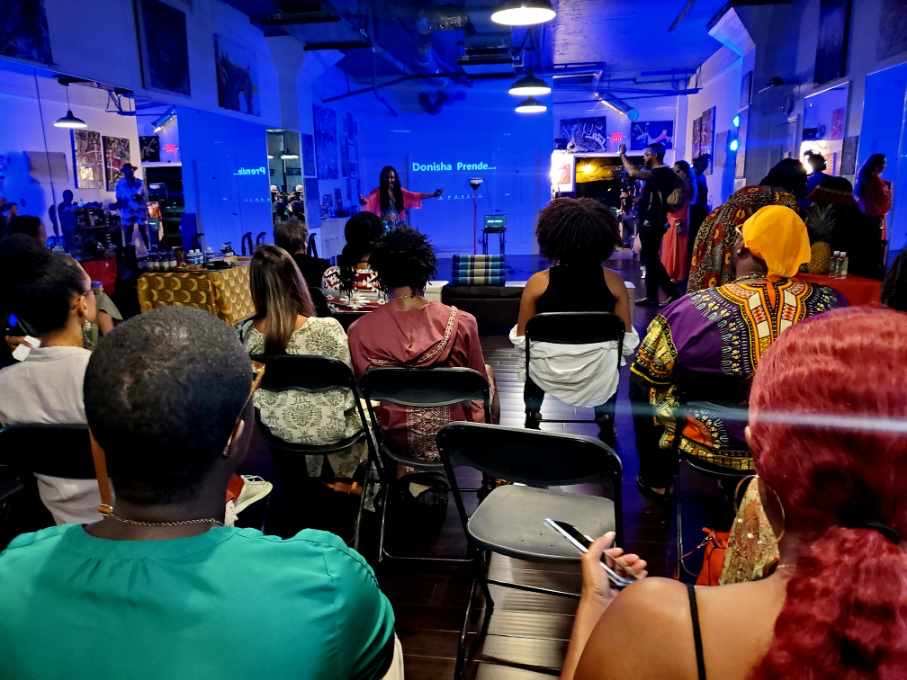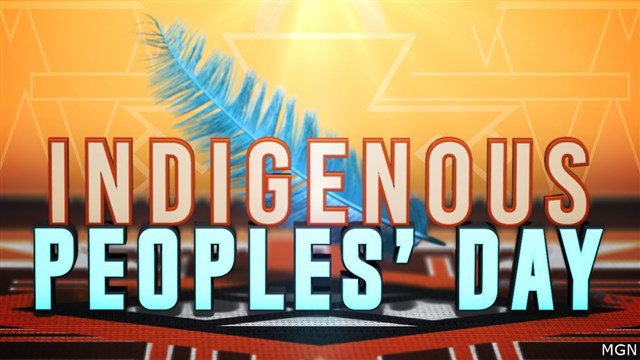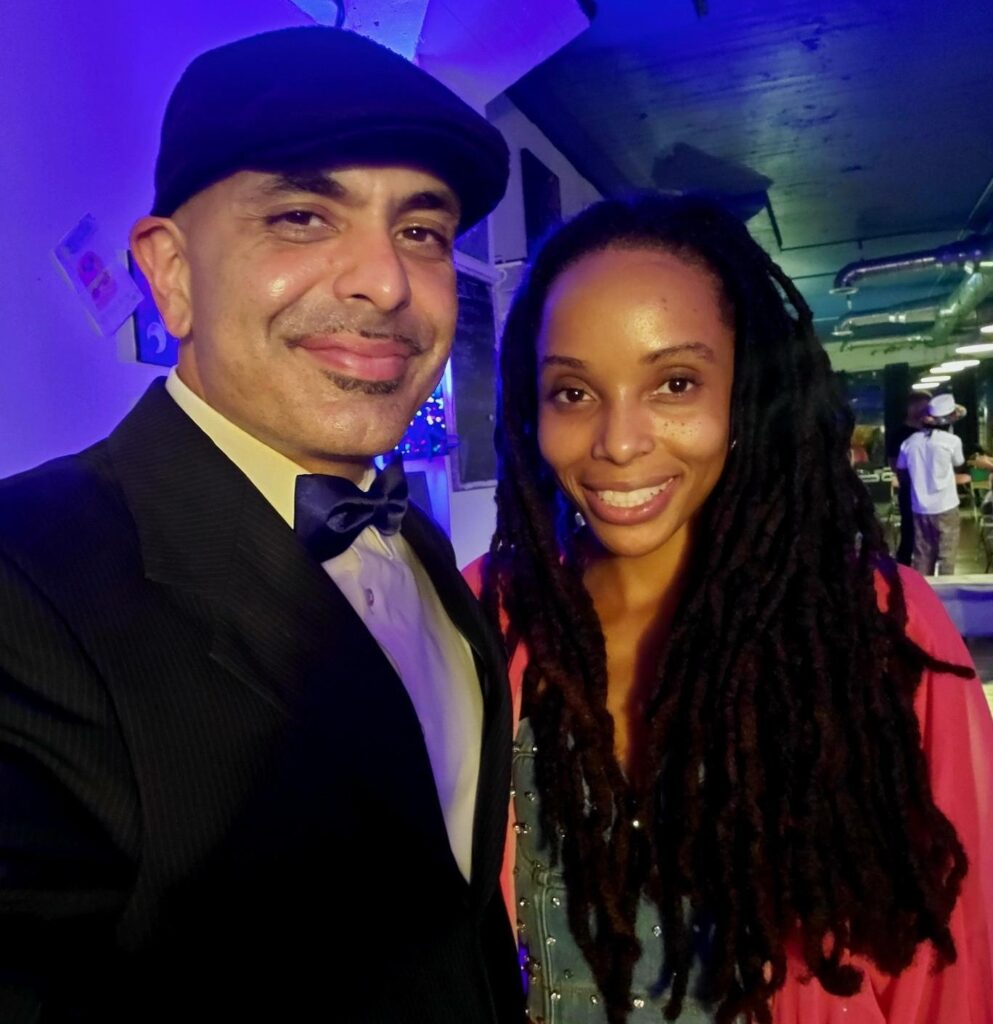MIAMI—The second Monday in October is federally recognized as Columbus Day in the U.S., which honors the day Christopher Columbus arrived in the Americas. However, some people have decided to do away with honoring Mr. Columbus, who brought genocide and colonization to the Indigenous people who were already here.
Instead, they’re celebrating Indigenous People’s Day, in honor of the traditions of Indigenous people, while also shedding light on the tragic truth of what happened when Mr. Columbus stepped foot in North America.
In Miami, the day was celebrated through a cultural and educational gathering called “Voices of Sankofa.”
“This was something that I thought was very important, especially now that we’re canceling out Columbus Day and we know the real history, the true story … so I wanted to just tap into that,” said Fabienne Claude, one of the event’s organizers.
Voices of Sankofa brought the concepts of history, reconnecting with African roots and repatriation to the forefront. “It’s so important to go back to our African heritage or African roots or African culture, and just rebuild, reconnect, and bring it back. That’s what Sankofa means,” Ms. Claude said.
“I always talk about knowledge of self. I believe that learning history and learning wisdom and then having different people who know the history to share that insight, in order for you to just walk stronger. I talk about that a lot, like, walking stronger on Earth. Knowing yourself and knowing yourself starts with history, it starts with the foundation, it starts with the roots.”

About 50 people of different religions and ethnicities enjoyed live music, art and enlightening conversations. Several guest speakers with backgrounds in fields including the arts, education, health, and activism, shared words about healing Black and Indigenous communities, making progress, history and more.
Tony Muhammad is a member of the Nation of Islam and a student in the ministry class at Mosque No. 29 in Miami, Fla. He was invited as a panelist to the event held Oct. 9. He said unity among the different people that were present is needed in order to transform underserved communities.

“Unity does not mean uniformity,” he said. “We’re all divine expressions, different pieces of the puzzle that Almighty God has put forth. We have to find the way that we come together and that we fit in together. It doesn’t mean that we’re going to all look the same and sound the same. It means that we’re coming together to find common solutions to our common problems.”
Those who attended took the time to network with one another and began to plan for future ways to collaborate.
“That kind of dialogue can lead to further programs in the community that can further inspire more people to now start thinking differently and (acting different) and as a result, making better choices in their lives,” Mr. Muhammad said.

The event also featured a screening of the documentary “50 Days in Afrika” which documented the journeys of three people as they backpacked through African countries. Donisha Prendergast was in the film and is one of its creators. She’s also the granddaughter of Rita Marley, who is the wife of the late reggae legend and activist Bob Marley. She addressed the gathering and offered insight into her experiences in Africa.
“Ever since birth and growing up, Africa and repatriation has always been forefront in our foundation and in the legacy of my family,” Ms. Prendergast told The Final Call.
She says there may be challenges for some to make it to Africa, but she says people should look at it like paying a bill. She says a renter would do everything they could to make sure their bill was paid.
“You will be liberating yourself in such a great way,” she said. “Repatriation isn’t just a romantic idea anymore. We have access to travel, access to the internet, (and) opportunities to collaborate and create. So, trying to instill the understanding of repatriation is one of the ambitions of our documentary, and also to relate it through a personal lens.”
Following the event, Ms. Claude intends to push the conversation forward. “It was so intense,” she said. “The conversation was so deep; it was so insightful. People definitely were inspired.”
Mr. Muhammad says he believes people were able to walk away with steps on how to do their part to help their community.
“Those who were blessed with the opportunity to not just share words but be there with a sense of mission and purpose to come together and have further dialogue and come up with ideas and ways that we could strategize and organize and make our communities greater places to live,” he said.













